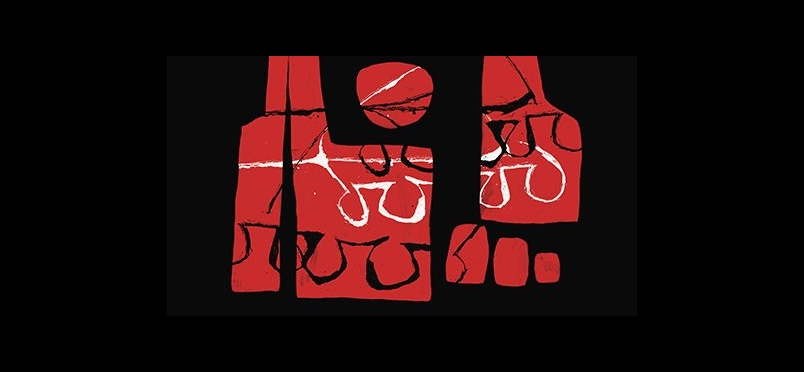| back pain
Connected: The Cycle of Diabetes Treatment, and Back and Neck Pain

Screening for Unseen Diabetes Recommended While Further Study Proceeds
A review conducted by researchers from University of Sydney concludes that people with type 2 diabetes are at 35% greater risk for low back pain and 24% higher risk for experiencing neck pain. The findings were derived from a meta-analysis of studies examining possible connections between the conditions, and although there was insufficient evidence to establish a causal relationship, the authors assert that the conclusions point to the need for further investigation. Senior author Manuela Ferreira, PhD, associate professor at the University’s Institute of Bone and Joint Research, remarked, "Diabetes and low back pain and neck pain seem to be somehow connected. We can't say how but these findings suggest further research into the link is warranted." The conclusions were published last week in the journal PLOS ONE.
Hypothesizing on the association, Dr. Ferreira commented, "Type 2 diabetes and low back pain both have a strong relationship with obesity and lack of physical activity, so a logical progression of this research might be to examine these factors in more detail. Our analysis adds to the evidence that weight control and physical activity play fundamental roles in health maintenance." The researchers recommend that providers consider screening for diabetes in patients who present with LBP or neck pain. Additionally, they noted that diabetes medication choice could influence pain levels and should also be further investigated. Coauthor Paulo Ferreira, PhD, associate professor in the Faculty of Health Sciences, observed, "It's worth committing more resources to investigate their interrelationship. It may be that altering treatment interventions for diabetes could reduce the incidence of back pain, and vice versa."
Click for more information on diabetes and low back pain.
Read the study findings.
The journal abstract may be read here.
Other Categories:
Did you enjoy this article?
Subscribe to the PAINWeek Newsletter
and get our latest articles and more direct to your inbox